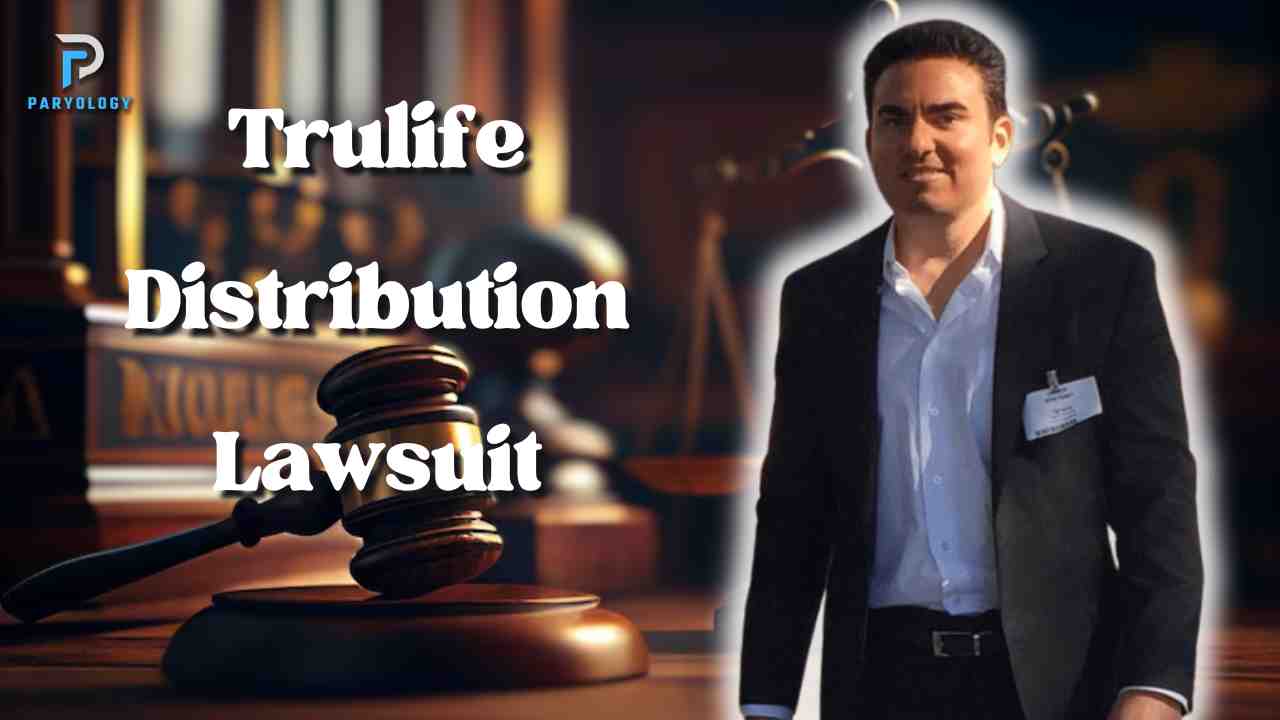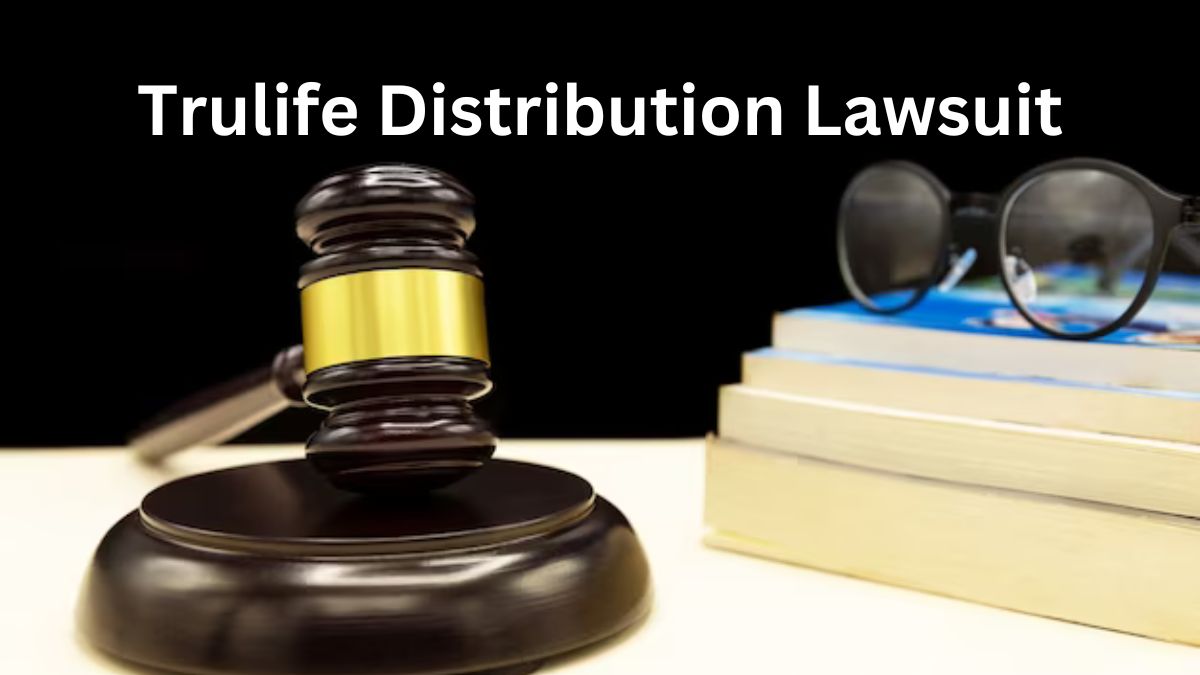TruLife Distribution Lawsuit

TruLife Distribution Lawsuit In the world of business, legal disputes are not uncommon, and the supplement industry is no exception. TruLife Distribution, a company known for its nutritional supplements, has found itself entangled in a lawsuit that has captured the attention of both consumers and industry insiders. This article delves into the TruLife Distribution lawsuit, exploring the key details, allegations, and implications, along with addressing frequently asked questions surrounding the legal battle.

Background of TruLife Distribution:
TruLife Distribution gained prominence in the health and wellness sector for its range of nutritional supplements, catering to fitness enthusiasts and health-conscious individuals. The company prided itself on providing high-quality products, and its success was reflected in a loyal customer base. However, recent legal developments have cast a shadow over TruLife’s reputation.
MUST READ= Choice Home Warranty And The George Foreman
Details of the Lawsuit:
The TruLife Distribution lawsuit centers around allegations of false advertising, misleading claims, and potential harm caused by their products. Plaintiffs argue that the company made deceptive statements regarding the efficacy and safety of certain supplements, leading consumers to believe they would experience specific health benefits.
Additionally, concerns have been raised about the transparency of TruLife Distribution in disclosing ingredients and potential side effects. The lawsuit alleges that some consumers experienced adverse reactions, attributing them to the undisclosed components within the supplements.
As the legal battle unfolds, both sides present their arguments, leaving consumers and industry observers curious about the outcome and the potential impact on the supplement market.
Allegations Against TruLife Distribution:
- False Advertising: TruLife Distribution is accused of engaging in false advertising by exaggerating the benefits of its products without sufficient scientific evidence. The plaintiffs argue that such misleading claims influenced purchasing decisions and compromised the trust consumers placed in the brand.
- Lack of Transparency: The lawsuit contends that TruLife failed to provide adequate information about the composition of its supplements, leading to unforeseen allergic reactions and adverse effects in some consumers. Transparency is a crucial factor in the supplement industry, where consumers rely heavily on accurate information to make informed choices about their health.
- Potential Health Risks: Some consumers claim that the consumption of TruLife Distribution’s products resulted in health issues that were not disclosed by the company. This has raised concerns about the safety standards and testing procedures employed by the company in bringing its supplements to market.
FAQ
A: The lawsuit does not specify particular products; rather, it addresses the overarching practices of TruLife Distribution. Consumers who have experienced issues with various supplements have come forward, contributing to the collective legal action.
Q1: What specific products are mentioned in the lawsuit?
A: The lawsuit does not specify particular products; rather, it addresses the overarching practices of TruLife Distribution. Consumers who have experienced issues with various supplements have come forward, contributing to the collective legal action.
Q2: How does TruLife Distribution respond to the allegations?
A: TruLife Distribution denies the allegations and asserts that its products adhere to industry standards. The company maintains that it has conducted rigorous testing to ensure the safety and efficacy of its supplements and that any reported adverse effects are isolated incidents.
Q3: How might this lawsuit impact the supplement industry?
A: Depending on the outcome, this lawsuit could prompt increased scrutiny and regulation within the supplement industry. It may also lead other companies to reevaluate their advertising and transparency practices to avoid legal repercussions.
Q4: Can affected consumers join the lawsuit?
A: Typically, individuals who believe they have been harmed by a product can join a class-action lawsuit. Legal professionals are organizing affected consumers, and interested parties should seek legal advice to determine eligibility and participation.
Q5: What regulatory bodies oversee the supplement industry, and how do they respond to such cases?
A: The supplement industry in many countries is regulated by health agencies. In the United States, for example, the Food and Drug Administration (FDA) monitors and regulates dietary supplements. Regulatory bodies may investigate claims and take action if violations are found.

Conclusion:
The TruLife Distribution lawsuit raises important questions about the responsibilities of companies in the supplement industry and the expectations consumers have regarding product safety and transparency. As the legal proceedings continue, the outcome will undoubtedly shape the future landscape of the supplement market and influence the standards upheld by companies within the industry. It also serves as a reminder for consumers to be vigilant, do thorough research, and consult healthcare professionals before incorporating any new supplements into their routines.





